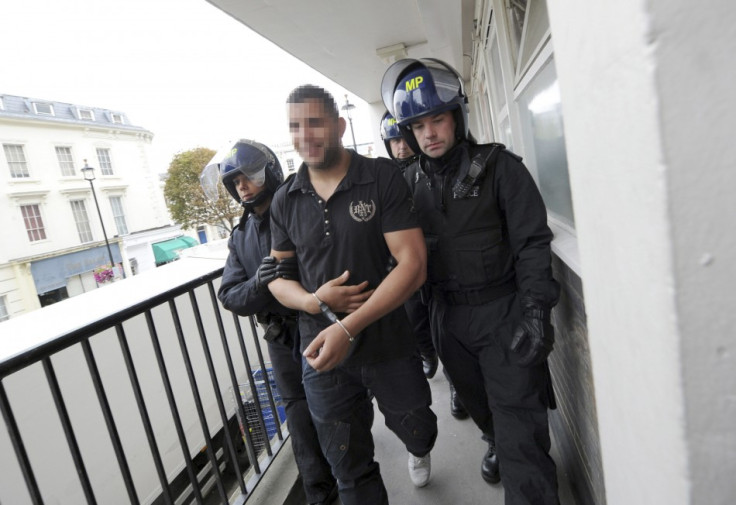Gang Members Suffer ‘Unprecedented Levels’ of Psychiatric Illness

Gang members suffer from "unprecedented levels" of psychiatric illness, with 86% having an anti-social personality disorder and a quarter screening positive for psychosis.
A survey into the mental health of gang members examined whether violence within gangs is associated with psychiatric illness separate from substance misuse.
Researchers at Queen Mary, University of London, analysed 4,664 men aged between 18 and 34.
Funded by the National Institute for Health Research (NIHR) and Maurice & Jacqueline Bennett Charitable Trust, the survey was weighted towards men in areas with high gang membership, including Hackney in London and Glasgow East.
Of those questioned, 108 said they were currently a member of a gang. Over two thirds said they had not been violent in the last five years and a quarter said they had assaulted someone or been in a fight in the last five years.
In the gang member group, 85% had an antisocial personality disorder, two thirds were alcohol-dependent, a quarter tested positive for psychoses and almost 60% were drug dependent.
Further to this, a third had attempted suicide and 58% suffered from an anxiety disorder.
Post-traumatic stress disorder
Lead author Jeremy Coid said: "No research has previously investigated whether gang violence is related to psychiatric illness, other than substance misuse, or if it places a burden on mental health services.
"Here we have shown unprecedented levels among this group, identifying a complex public health problem at the intersection of violence, substance misuse, and mental health problems among young men.
"It is probable that, among gang members, high levels of anxiety disorder and psychosis were explained by post-traumatic stress disorder, the most frequent psychiatric outcome of exposure to violence. However this could only partly explain the high prevalence of psychosis, which warrants further investigation."
Gangs are generally concentrated in inner urban areas that have high crime rates and socioeconomic deprivation. The study authors believe around 1% of young men in Britain are currently gang members, rising to 8.6% in Hackney.
Coid said: "A potential limitation of the study is that survey participants were aged 18 to 34 and the average age for gang membership is 15. So gang members in this study should be considered 'core' gang members who have not stopped in early adulthood.
"With street gangs becoming increasingly evident in UK cities, membership should be routinely assessed in young men presenting to healthcare services with psychiatric illness in urban areas with high levels of gang activity."
© Copyright IBTimes 2025. All rights reserved.






















